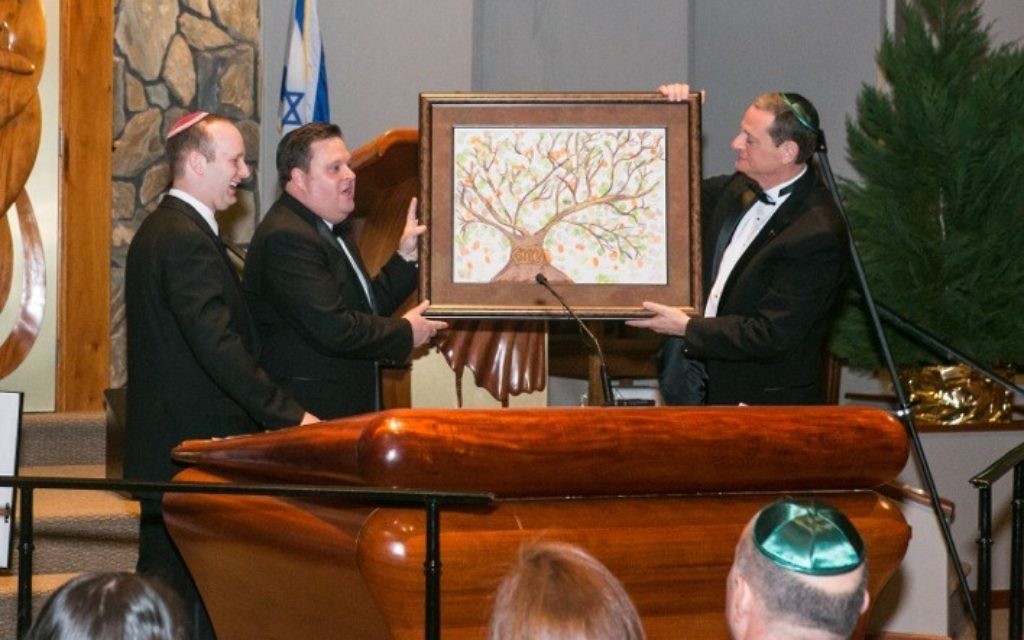Etz Chaim: Examine Receipts During Soul Accounting
Each year before the High Holidays, we are told to do a cheshbon hanefesh, a soul accounting.

Have you ever undergone the process of throwing out your old receipts?
Growing up, I didn’t realize that people did such things because when it came to saving old tax returns, my family could have been featured on an episode of “Hoarders.” When my father sold our childhood home, we found boxes of receipts going back to the 1970s.
However, this year, instead of buying a new 12-pocket portfolio, my wife, Amy, decided it was time for us to shred our old receipts and reuse an old one.
Get The AJT Newsletter by email and never miss our top stories Free Sign Up
Having never shredded receipts before, I assumed the act of shredding old documents would be somewhat mechanical. Yet, as I approached the paper shredder in the weeks leading up to the holidays, I quickly realized that this was far from a mindless exercise. It was not only a stroll down memory lane, but also an accounting and an opportunity to take stock of my life.
At first, I encountered the pay stubs from my first rabbinic position. But soon I came across a copy of the lease for the first home my wife and I rented together.
There were grocery store receipts from Shabbat dinners when we made new friends. Gas receipts and car payment invoices reminded me of all our road trips. Soon I found slips for the tzedakah donations we had made. I even came across receipts in Hebrew from our trip to Israel that year.
For years I’ve been struck by the fact, as we approach the High Holidays, that the Hebrew word for introspection is an accounting term: cheshbon. Each year before the High Holidays, we are told to do a cheshbon hanefesh, a soul accounting.
Many of us do just a quick mental math. Yet I wonder: If any of us were truly audited by the Kadosh Baruch Hu and asked to account for our life’s choices, would we have delved properly into the receipts? How many of us look at the bank and credit card statements and the copied checks to see how our values and priorities have evolved?
A story is told about a man who dies and ascends to heaven after having lived a relatively uncharitable life. When he arrives, his first inclination is to take out his checkbook. “How much,” he asks the overseeing angel, “to get a room with a better view?”
The overseeing angel then smiles politely at him and says: “I am sorry. In heaven, we don’t cash checks. We only take a look at the stubs.”
What can the physical and spiritual deposits and withdrawals we’ve made this year teach us about our priorities and values and the lives we lead? And how may those things have shifted from five, 10 or even 20 years ago?
Through a little soulful accounting, may this be a year when we understand how we may live better, meaningful, purposeful lives.
Rabbi Daniel Dorsch is the senior rabbi of Congregation Etz Chaim (www.etzchaim.net).




comments